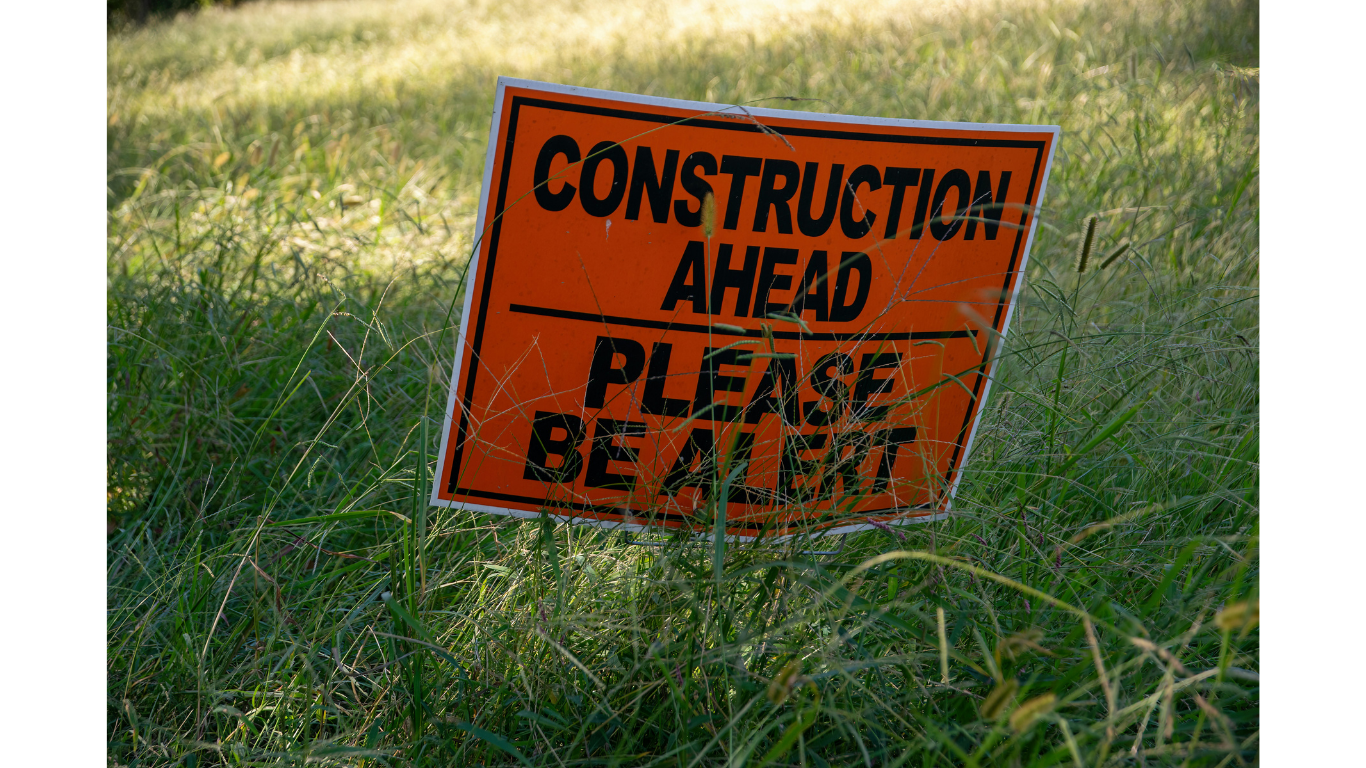Ridesharing has become an increasingly popular mode of transportation, offering convenience and affordability for millions of people worldwide. Like any other form of travel, rideshare services come with their risks, particularly the potential for accidents. When a rideshare accident occurs, the financial repercussions can be significant and complex, often leaving drivers and passengers facing unexpected challenges. Understanding these potential financial burdens is the key to navigating recovery, insurance claims, and long-term financial stability. This article explores the various financial challenges that commonly arise after a rideshare accident and offers insights into managing them effectively.
Medical Expenses and Emergency Care
One of the most immediate and pressing financial challenges after a rideshare accident is covering medical expenses. Injuries sustained during such accidents can range from minor cuts and bruises to severe trauma requiring surgery, rehabilitation, and long-term care. Even if a rideshare company’s insurance policy or personal auto insurance covers some costs, out-of-pocket expenses such as deductibles, co-pays, and specialized treatments can quickly accumulate. Emergency medical transportation and hospital stays often come with steep bills. For passengers who rely on rideshare services regularly, these costs can disrupt personal finances significantly. Medical attention is critical, but the financial implications of treatment often add stress to the recovery process.
Legal Fees and Litigation Costs
After a rideshare accident, navigating legal fees and potential litigation can be a significant financial burden. Engaging a lawyer early on is crucial when liability is disputed or damages are substantial. Working with a professional ensures that all claims are properly documented and that your rights are protected throughout the process. For example, if you are involved in a rideshare crash and flee, consulting a lawyer can clarify the legal implications and help build a strong case. While legal representation can be costly, the guidance provided often outweighs the expenses, helping victims secure fair compensation and manage the financial impact of prolonged legal proceedings.
Vehicle Repair and Replacement Costs
Beyond medical bills, repairing or replacing vehicles involved in a rideshare accident is another major financial burden. Rideshare drivers often depend on their cars as their primary source of income, meaning that extensive vehicle damage can lead to lost work hours and diminished earnings. Even with insurance, some repairs may not be fully covered, particularly if policy limits are exceeded or deductibles are high. If a vehicle is deemed a total loss, drivers may face the challenge of financing a replacement vehicle while continuing to meet living expenses.
Loss of Income and Employment Disruption
Rideshare accidents can lead to significant income loss. Drivers may be unable to work during recovery due to injuries, and passengers who sustain serious injuries might miss days or weeks of work. Even short-term absences can disrupt household budgets for those living paycheck to paycheck. Some drivers rely entirely on rideshare income, so the inability to drive affects immediate earnings and can hinder future opportunities to meet financial obligations.

Insurance Complications and Claims
Navigating insurance claims after a rideshare accident can be particularly complex, presenting another financial challenge. Rideshare services often carry commercial insurance policies, but coverage can vary depending on whether the driver was transporting passengers at the time of the accident or waiting for a ride request. Passengers may need to rely on personal health insurance or pursue claims against the driver’s personal auto insurance. Disputes over liability or coverage limits can delay settlements, leaving victims responsible for immediate medical bills or repairs.
Emotional and Hidden Financial Costs
Beyond the tangible expenses, rideshare accidents often bring hidden financial costs that can affect well-being. Stress, anxiety, and emotional trauma may lead to additional medical or mental health expenses, such as counseling or therapy sessions. Missed work opportunities due to emotional distress can further exacerbate income loss. Indirect costs such as transportation to medical appointments, childcare during recovery, or modifications to living spaces to accommodate injuries can add up quickly. These hidden costs often go overlooked but are critical components of the financial impact of a rideshare accident.
Rideshare accidents can result in a web of financial challenges that extend far beyond immediate medical bills or vehicle repairs. From income loss and insurance complications to legal fees and hidden emotional costs, the financial repercussions can be extensive and long-lasting. Being aware of these challenges and taking proactive steps can help mitigate the financial strain and facilitate a smoother recovery process. While no one anticipates being involved in an accident, preparation, awareness, and timely action can make a significant difference in protecting financial stability and personal well-being.
Article received via email































